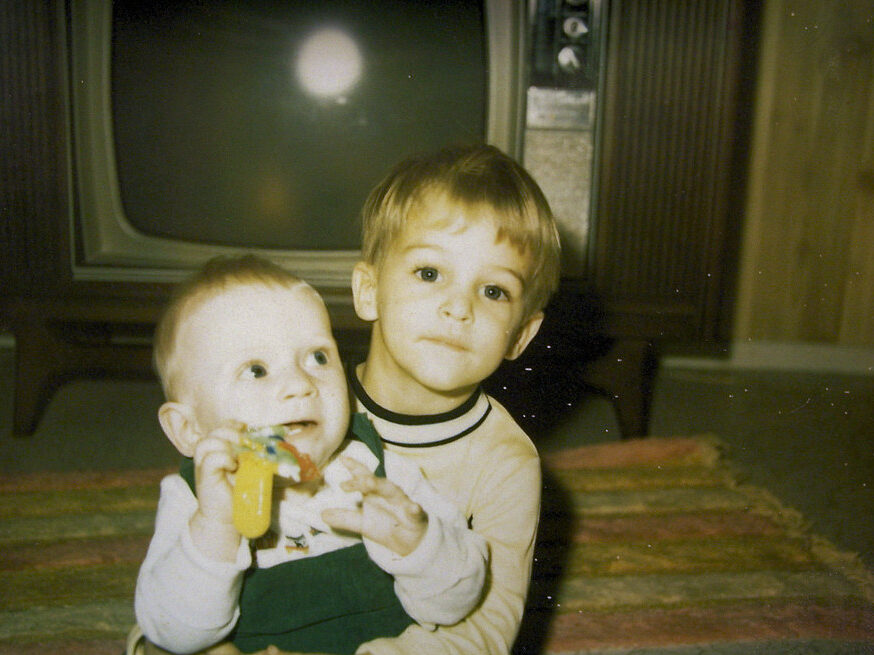
Not everyone grows up with a childhood filled with safety, play, and unconditional love. Some had to mature too fast, take on adult responsibilities, or simply survive in environments where innocence wasn’t allowed. If you sometimes feel like you’re chasing the joy, safety, or freedom you missed, these are 15 signs you’re still craving the childhood you never had.
You’re Drawn to Childlike Joys
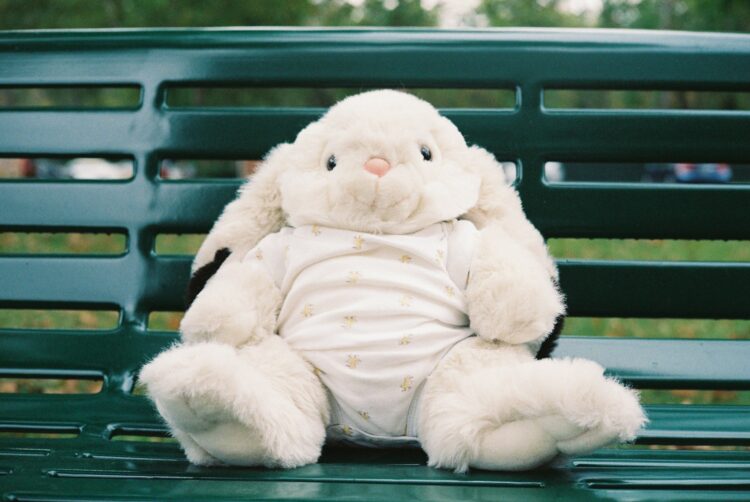
You may find yourself unusually drawn to things labeled as “childish” — cartoons, stuffed animals, playful hobbies, or even foods associated with childhood comfort. For others, these are mere whims, but for you, they provide a sense of innocence you never fully experienced. Indulging in these joys is your inner child seeking the playfulness that was cut short. It’s a quiet attempt to reclaim moments of delight that should have been natural in youth but instead feel stolen or unfinished.
You Overcompensate With Nostalgia

Old TV shows, candy from your childhood, or even playground games may hold a powerful emotional pull for you. You don’t just enjoy them casually — you crave them. Nostalgia becomes a doorway into the innocence you missed. When others move on from those simple pleasures, you linger, because they give you something deeper: a chance to feel, just for a moment, what it might have been like to grow up carefree. It’s less about memories and more about longing for what never truly existed.
You Long for Safety in Relationships
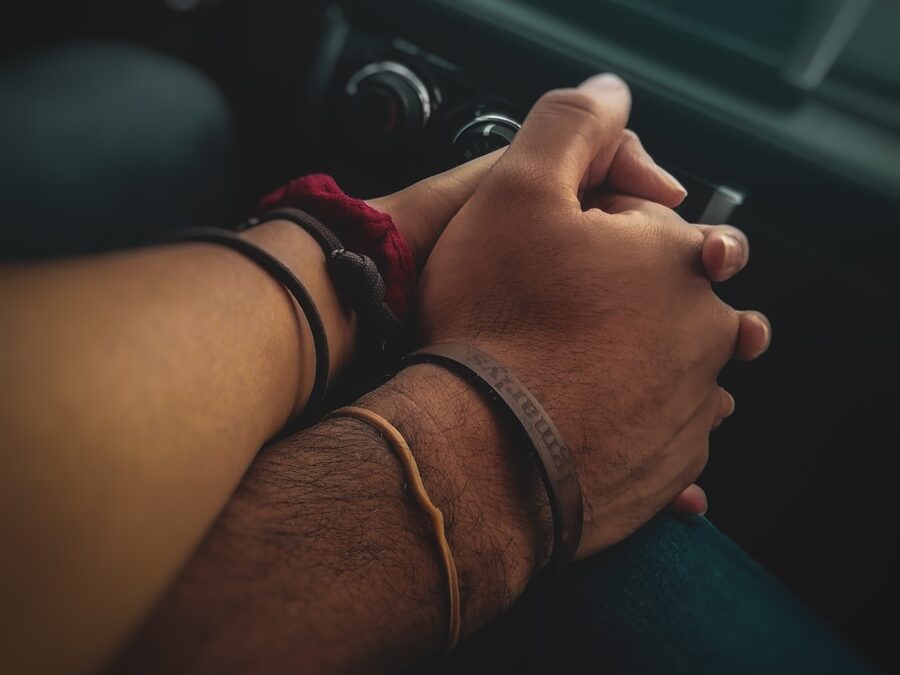
Many adults look for love, companionship, or passion in relationships. But if you missed out on a safe childhood, what you crave most is protection. You want someone who feels like a shelter — a partner who creates the security you lacked growing up. This isn’t weakness; it’s your nervous system still yearning for the safety it never had. The desire for a partner to be both lover and protector often reveals a deeper wound: the childhood need for unconditional safety that went unmet.
You Struggle With Authority Figures

If authority in your childhood meant criticism, control, or fear, that wound doesn’t heal easily. Today, you may freeze around bosses, teachers, or leaders, constantly fearing disapproval. Or you may swing the other way, rebelling against authority out of instinct. Both reactions point back to the same craving — a wish that authority had once been nurturing rather than threatening. Deep down, what you long for is not to fight authority but to experience what healthy guidance should have been: firm but loving, strong yet safe.
You Romanticize Other People’s Childhoods

When friends talk about carefree summers, supportive parents, or silly childhood adventures, you feel a pang of envy. Their stories highlight the gap between what they had and what you missed. You may find yourself imagining what your life would have been like if your childhood had been filled with laughter instead of survival. You’re mourning the version of your younger self who never got to live freely, and still craving the innocence you were denied.
You Seek Reassurance Constantly
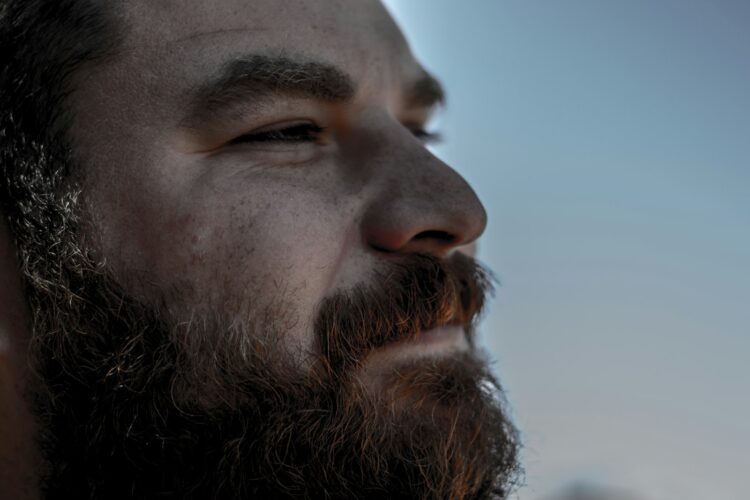
If your parents didn’t affirm or comfort you as a child, you may now crave validation in nearly every relationship. You want partners, friends, or mentors to remind you that you’re enough, safe, or loved. While some people see this as “neediness,” it’s actually an echo of a childhood where your emotions went unseen. What you seek isn’t endless compliments — it’s the soothing presence you should have had as a child. The craving is not for praise but for consistent, unconditional reassurance.
You Struggle to Truly Relax

As a child, if you lived in chaos or fear, you probably learned to stay alert — always scanning for danger. That hypervigilance follows you into adulthood, making it hard to ever feel at ease. Even in safe spaces, you may feel restless or guilty for doing nothing. Relaxation feels foreign because you were never allowed it. The craving underneath is simple: the ability to feel safe enough to let go. What looks like tension today is really a longing for the carefree peace childhood should have given you.
You Feel an Emptiness Around Milestones
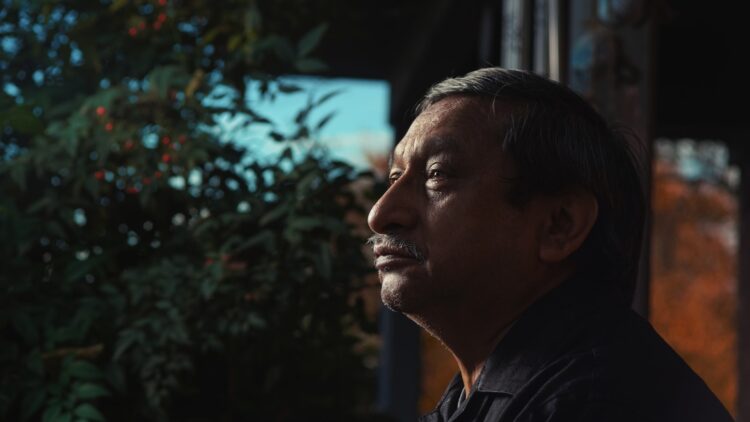
Birthdays, holidays, and family gatherings often leave you feeling empty, not joyful. These occasions remind you of what you didn’t have — a loving family singing to you, gifts chosen with care, traditions that made you feel special. Instead of celebration, you feel grief for what never was. That emptiness isn’t about disliking milestones; it’s your inner child wishing for the warmth and belonging those days should have offered. Each missed celebration is another reminder of the childhood still out of reach.
You Overindulge in Escapism

For some, games, fantasy novels, or daydreams are just fun diversions. For you, they may be survival tools. Escapism gives you a world where safety, love, and play exist — things missing in your childhood. Immersing yourself in fictional worlds or hobbies allows you to construct the childhood you never had. It’s not laziness or avoidance; it’s an attempt to fill a void. Your inner child craves a universe where they finally get to feel carefree, even if only in imagination.
You Struggle With Boundaries

Children learn boundaries by watching adults model them. If your childhood was controlling, chaotic, or neglectful, you likely never learned how to protect your needs. Now, as an adult, you might overgive to please others or shut down completely to protect yourself. Both patterns reveal the same craving — a desire for someone who should have taught you that it’s safe to say no.
You Crave Nurturing From Others
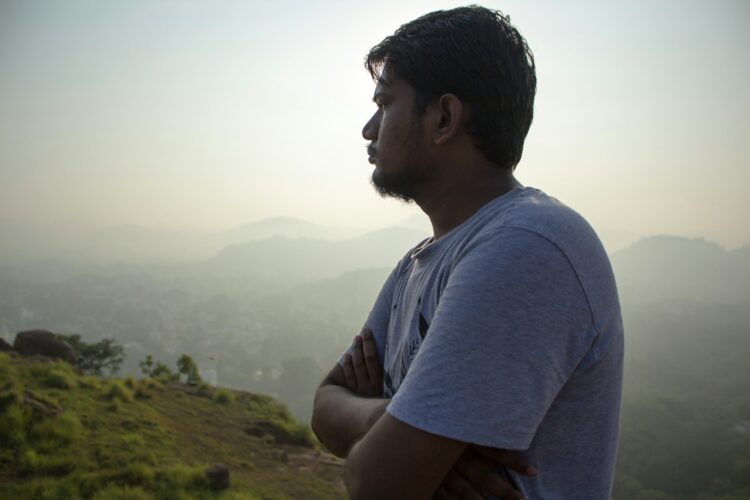
Sometimes you notice that in friendships or romantic relationships, you unconsciously seek parental figures. You want someone to guide, comfort, or care for you in ways you missed growing up. This doesn’t mean you’re incapable. It means a part of you is still searching for nurturing. The craving isn’t about dependence, but about healing: wanting to finally receive what you should have as a child. When others mislabel this as “clingy,” they miss the truth — it’s about unmet, aching needs for care.
You Feel Drawn to Protect Children
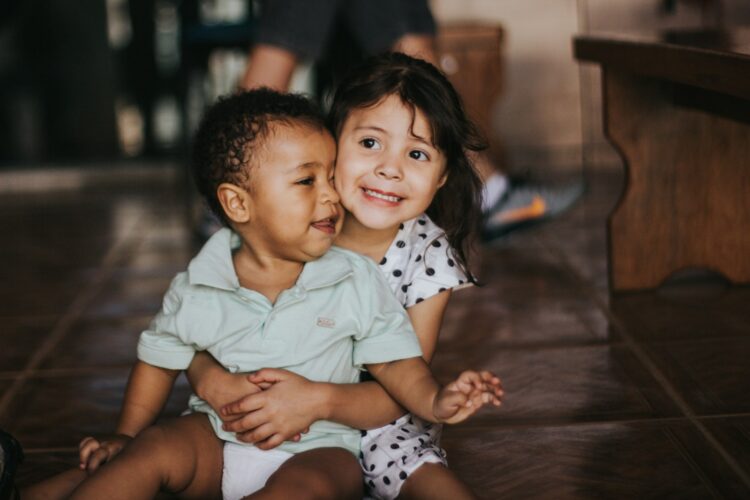
Seeing children laugh freely or cry out for comfort touches you in a unique way. You may feel protective, even over strangers’ kids, because you know what it feels like not to have that safety. Caring for children, whether through parenting, teaching, or mentoring, can feel healing — as if giving them love repairs a part of you too. In them, you see both the childhood you missed and the one you want to preserve for others. It’s compassion rooted in longing.
You Struggle With Self-Worth

If love, praise, or encouragement were absent in childhood, adulthood becomes an uphill battle against self-doubt. You may achieve, succeed, or receive praise but still feel unworthy. That persistent low self-esteem isn’t because you’re broken — it’s because your inner child is still waiting for the affirmation that never came. Craving a lost childhood often shows up here: the longing to finally feel “enough.” Respectful words from others can help, but deep healing often comes from learning to speak that love to yourself.
You Carry Resentment Toward Your Past
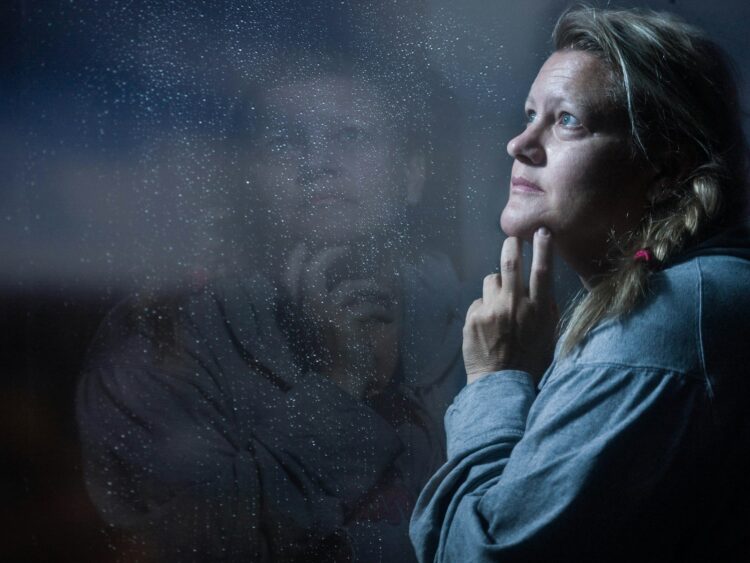
Even if you’ve built a good life, part of you may still feel bitterness toward your childhood. Anger at parents, caregivers, or circumstances lingers. It’s not just about blame; it’s about grief — the deep craving to reclaim what was lost. Resentment may feel shameful, but it’s often the voice of your inner child saying, “I deserved better.” That craving for a different past reveals how unfinished those wounds still feel. Healing doesn’t erase resentment overnight, but it does give that child within you compassion.
You Feel Both Too Young and Too Old
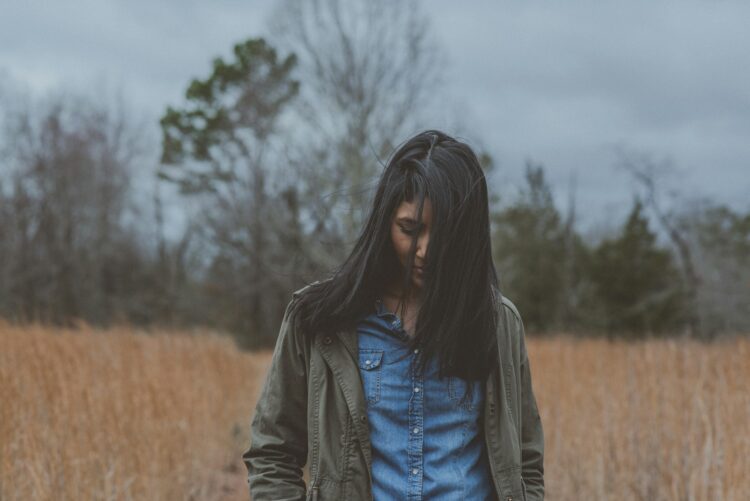
You may feel like you skipped childhood and went straight into adulthood, carrying burdens and responsibilities far too early. Yet, in other moments, you feel stuck in childlike longings — craving play, safety, or unconditional love. This paradox is one of the clearest signs you’re still chasing the childhood you missed. You are both the adult who grew up too soon and the child who never got to grow at all. That duality is exhausting, but it’s also the truth of many who carry childhood wounds.

